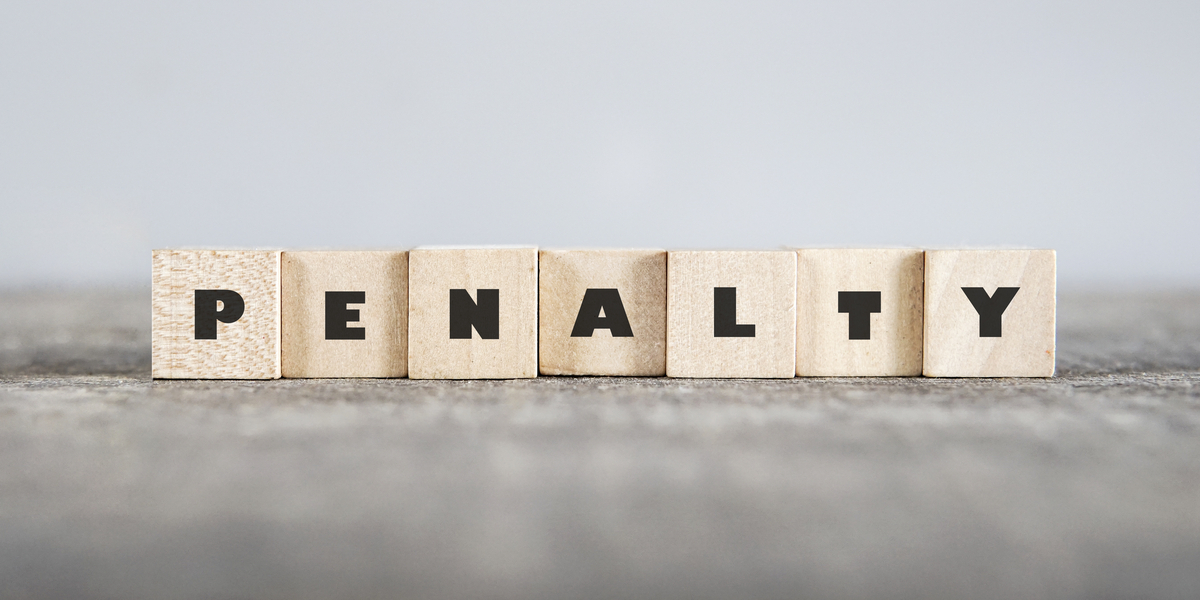Writing A Hardship Letter For Short Sale
If you have to short sell your property as a way to avoid foreclosure, your realtor may want you to write a hardship letter for short sale. Short sales are real estate transactions in which the amount paid for selling the property is less than the amount still owed on it and this is provided as payment to the lender. In order to have an acceptable short sale, the lender must be wiling to receive less money than the outstanding debt. Since there are costs for proceeding with the foreclosure, the lender may be willing to accept a lower amount.
Basics of Writing a Hardship Letter for Short Sale
The letter is a personal one that you write to your lender. It should explain why you have missed payments and what financial difficulties you currently undergoing. This is a normal part of the overall process. You will usually also have to include bank statements, financial statements, salary stubs, and tax returns. Additionally, you will have to evidence the hardship, which means you have no control over the situation you are in.
The letter itself should be as short as possible, without missing out any important information. There are templates that you can follow, but they should be seen as a guideline only, not something you can simply copy and paste.
Your letter should explain your situation and provide evidence of your hardship. It should also include details on why it is in the interest of the lender to accept a short sale. That it is in your best interest is clear, so you do not need to focus on that. Rather, you have to sell the short sale to the lender.
Explaining Your Hardship
Some hardships are quite commonly accepted. They include military service, natural disasters, interest rate resets, medical expenses, separation or divorce, loss of job, involuntary reduction of hours, or job transfer. Other reasons may also be accepted.
Make sure to include:
- Your contact details, including account number
- Photocopies evidencing the changes in your financial situation
- Photocopies of all your bills
- Proof of efforts you have made to reduce your expenses and/or increase your income.
Remember that you are asking your lender for a favor. Thus, there is no guarantee that your request will be granted. Hence, do not indicate or imply that the lender can be blamed for your situation. You should also not make any promises that you cannot keep. Additionally, you should not talk about the possibility of getting money from non-traditional sources, such as borrowing from your parents. Because that isn’t regulated, the lender will not be able to count on it. Finally, you should not use the letter to write a lengthy emotional account of how your hardship situation has affected you. That is common sense and it does not provide any new information on your ability or inability to meet your financial obligations.
A final thing to remember is that this is a formal letter. That means that you have to write it properly, without any spelling or grammar mistakes. You should also proofread it, or ask someone to do it for you. Send it via registered post and keep photocopies of the letter and attached documentation as well.
Hardship Letter For Short Sale Example
{Your Name}
{Your Address}
{Your Phone Number}
{Date}
RE: short sale request for my home at {address}
To Whom It May Concern:
My name is {Name}, and I currently reside at {address}, a house that I bought on {date of purchase}. At the time, {mortgage company} provided me with a {30-year, 15-year, etc.} mortgage of {amount in dollars}, with a {fixed/variable} interest rate.
When I purchased the home, I was perfectly capable of making the mortgage payments on time and in full. Since {date}, however, I have been struggling to make the payments because of {details of why you have fallen behind on payments; be specific}.
Currently, my monthly income is {amount in dollars}, which must go to {medical payments, childcare costs, etc.}, leaving an amount that will not satisfy my mortgage payment.
I have found a buyer who will purchase my home for {amount in dollars}, which is the best offer I have found since putting the home on the market in {month}. I am hoping you will accept this offer so that we can both avoid the hassle and cost of a foreclosure.
I would also appreciate it if we could work out a plan that doesn’t require you to make a negative report on my credit.
I have enclosed the relevant financial paperwork that will help to illustrate my current situation, including {explanation of the paperwork you’re including}.
I am truly sorry that I have ended up in this situation, and I hope that my plan for this short sale will make it so that we can all move on as quickly and smoothly as possible.
Sincerely,
{Sender Name}




